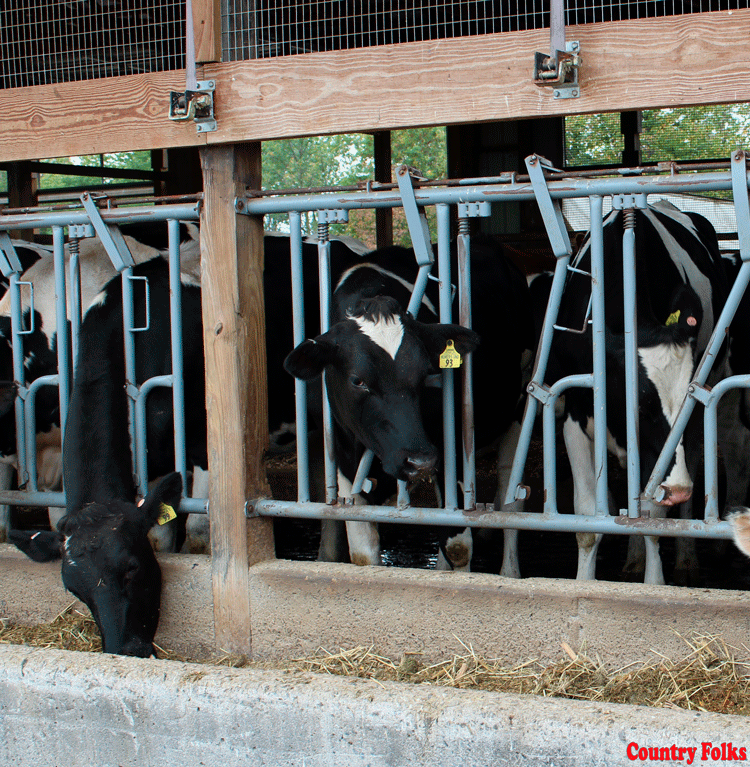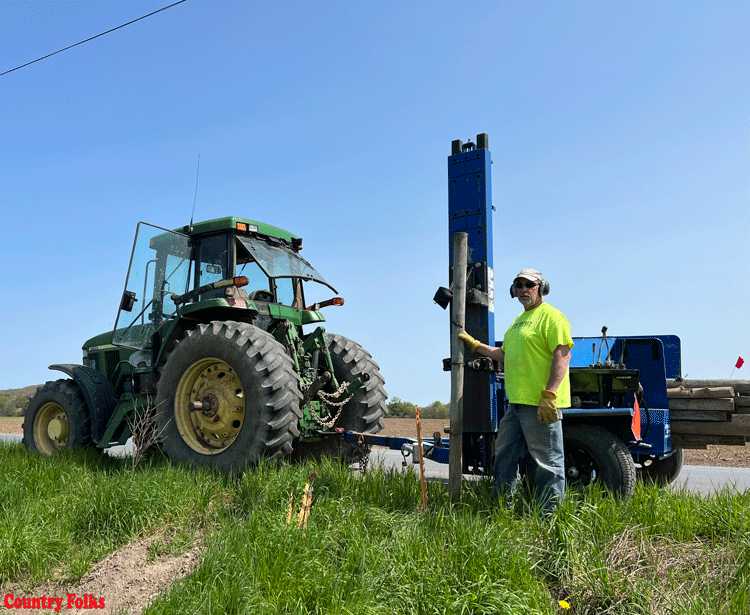Some farms benefit from offering internships, but such arrangements require understanding and commitment from both the farm owner and the intern. It’s important for farmers to understand the differences between unpaid internships and paid employment. Attorney Michael Harrington, Ford Harrison Law, said internships are either paid or unpaid, and differ from straightforward employment.
“If the intern is paid and you’re paying minimum wage, think about hour restrictions for ages, scheduling and the activity,” he said. “If you are not going to pay an individual as part of an internship program, there are certain things to focus on – the Department of Labor (DOL) has been focusing on unpaid internships.” This focus is the result of some employers who have taken unfair advantage of interns and had them do a lot of work, provided little education and not paid the individual. “The safer course is if you can pay someone minimum wage as part of an internship program, you don’t have to worry about some of the following rules,” he said.
Harrington explained that according to the DOL, the basis for paid vs. unpaid is that an internship program has to be designed “for the benefit of the student.” If interns will not be paid, the primary benefit must be for the student to learn a certain skill. The DOL also says unpaid internships should require a degree of work from the employer – a bit of a burden – in terms of providing knowledge and teaching.
The simple test for unpaid internships begins with “Who’s the primary beneficiary of this relationship?” “If the primary beneficiary is the employer, they’ll fail the test and should have paid the individual,” said Harrington. “If the primary beneficiary of the internship program is the student, you might be fine not paying the individual.”
It’s important that both the intern and employer understand the arrangement when there is no compensation. “The employer and employee should always have a clear understanding of what they are going to be paid,” said Harrington. “No one should be in doubt as to what they will receive from their employer and no doubt what the employer is obligated to pay.” If there is any promise, either expressed or implied, that there may be some compensation, the person will be considered an employee, and the employer will have to meet minimum wage requirements.
The farm owner should consider the extent to which the internship will provide training comparable to training received in an educational environment – what will you, the farm owner, provide as far as instruction and hands-on training to the intern? The DOL will look at whether the intern is performing menial tasks without education, and if the intern is not engaging in learning activities, the employer should expect to pay the intern.
Another question is “To what extent is the internship tied to the program the intern is pursuing?” Harrington said this aspect should not be difficult to prove, especially if the intern is pursuing agriculture in school. “Recognize that the internship is supposed to support and promote education for the intern,” he said, adding that the internship should not conflict with the intern’s academic requirements.
Consider the extent to which the internship duration is limited to the intern’s academic commitments, usually for the summer or a certain season. If the duration of the internship goes beyond a certain amount of time, it will look more like employment.
The type of work the intern will be doing is important. “Is the intern taking the place of an employee?” said Harrington. “If that is true, the intern probably should be paid. The intern should not displace an employee – if that’s the case, the intern is probably benefitting the employer.”
Clarity regarding the intern/employer relationship is key. The intern and employer should both understand the internship is conducted without entitlement to a paid job at the conclusion of the internship. “You don’t get to treat an internship program as a probationary period,” said Harrington. “You don’t get to say ‘If you work for me for the summer, if I like the work you do, we may offer you a job at the end of the summer.’ That looks more like a probation for which an individual should be paid.”
Harrington said the point is if the employer doesn’t pay someone who is working on the farm, they should be able to say their participation in the internship program benefitted them more than it benefitted the employer. If that’s the case, the arrangement is a valid, unpaid internship.
by Sally Colby











Leave A Comment